Kenyan Landlords Face New Challenges as Urban Rental Preferences Change
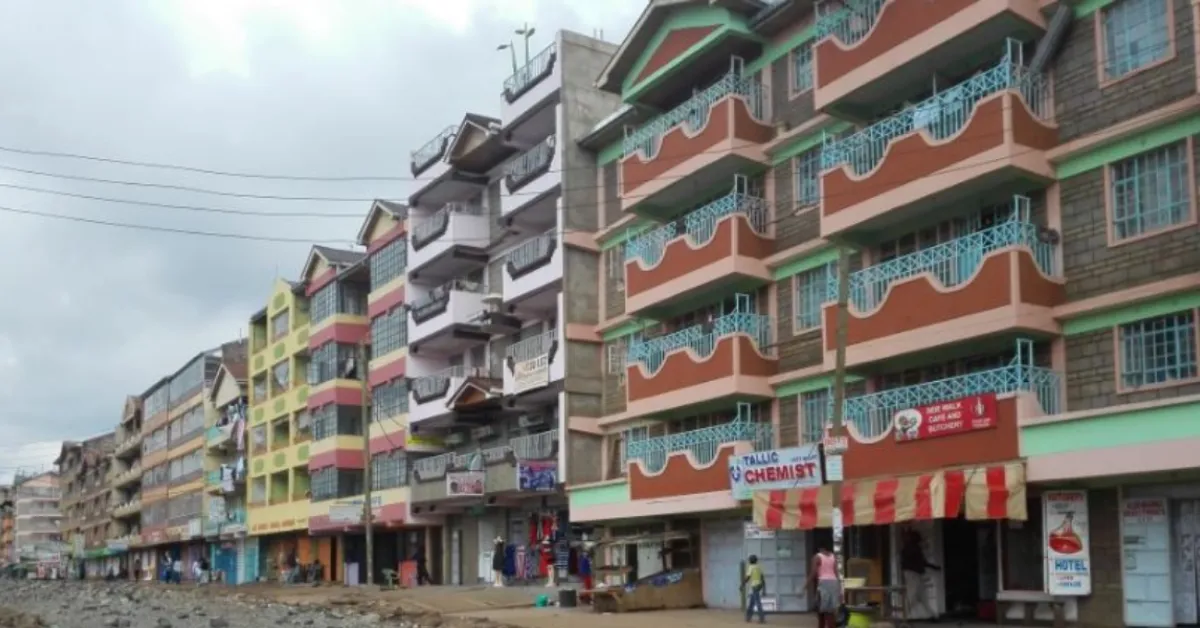
As of 2022, more than 15 million Kenyans, representing approximately 29 percent of the nation's population, lived in urban areas.
Although this figure is relatively modest in comparison to other countries, it reflects a significant shift towards rural-urban migration, particularly among the youth seeking employment opportunities in cities. This trend has led to an increasing demand for rental housing, positioning rental properties as a promising investment avenue in Kenya. Experts anticipate that by 2025, the demand for rental properties will continue to rise, yet tenants are expected to become more selective in their choices.
Lawrence Murithi Njeru, a seasoned realtor and executive director at Bahamas Property Managers Kenya, highlights the importance for property owners to adapt to changing tenant preferences. Currently, location remains the foremost consideration for renters who prioritize access to workplaces, educational institutions, and security. Areas characterized by low crime rates and reliable security services tend to attract more interest from potential tenants. Affordability also plays a crucial role in rental demand, especially in competitive urban markets.
With tenants becoming increasingly budget-conscious, transparency regarding additional costs such as utilities is essential. High-quality modern amenities have shifted from being desirable luxuries to standard expectations, with features such as solar energy systems, high-speed internet, efficient lifts, and secure parking now highly sought after. Post-pandemic trends further emphasize the demand for lifestyle amenities, including gyms, swimming pools, and play areas, which have become commonplace among middle-class renters.
Additionally, tenants are now favouring green building features and water or energy-saving installations. Preferences for spacious units, open-plan designs, and flexible layouts underscore an increasing emphasis on the quality of construction and maintenance, particularly in older properties. Prospective tenants are also scrutinizing lease terms more closely, demanding clarity on pet policies, lease durations, security of tenure, rent stability, and legal ramifications. Despite the promising opportunities for rental property investment, several pitfalls can hinder landlords.
Njeru identifies overpricing as a common mistake, as landlords may set rents too high to recover investments swiftly, resulting in extended vacancies. Similarly, neglecting property maintenance can deter potential tenants and impair long-term retention. A lack of rigorous tenant screening often leads landlords to prioritize swift occupancy over tenant quality. To maximize rental income, landlords need to identify problematic tenants who may disrupt their operations.
Common issues include inconsistent rent payments, property damage, high turnover rates, and a history of legal disputes. Njeru advises landlords to implement thorough screening processes, which should include reference checks and a careful review of rental histories, especially focusing on individuals listed by credit agencies for defaults, those with criminal backgrounds, and those previously evicted. Verification of employment status and the authenticity of identification documents are also critical in ensuring tenant reliability.
Continuous monitoring by caretakers can help identify potential issues before they escalate. Given the competitive nature of the rental market, strategic property upgrades are essential to remain appealing to prospective tenants. Recent data from the Economic Survey 2024 indicates that Nairobi County alone approved construction projects valued at Sh220 billion in 2023. While constant upgrades may not be financially feasible, cost-effective improvements can significantly enhance a property's attractiveness.
Simple measures, such as applying fresh paint, modernizing electrical fittings, and upgrading kitchen cabinetry can improve competitiveness. Additionally, enhancing flooring and increasing storage solutions with the addition of pantries or specialized storage in kitchens and bathrooms are valuable investments.
In conclusion, the rising demand for rental properties in Kenya necessitates that landlords remain attuned to evolving tenant preferences and invest in strategic property maintenance and upgrades to attract and retain high-quality tenants. By avoiding common pitfalls and conducting thorough tenant screenings, property owners can enhance their rental income and secure long-term success in an increasingly competitive market.

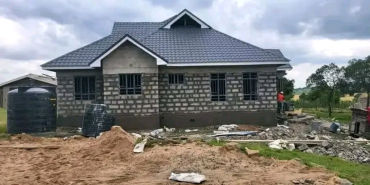

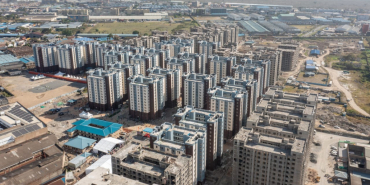
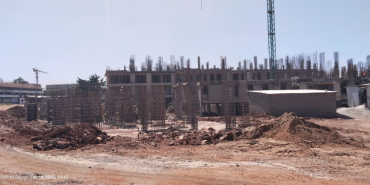

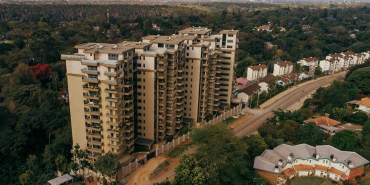







Add new comment